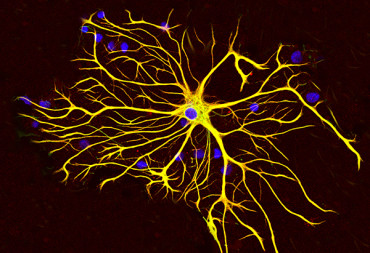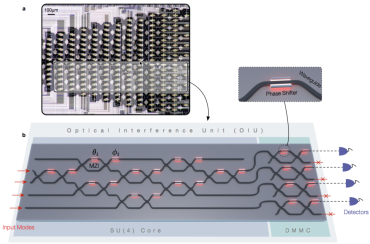Researchers at Toyohashi University of Technology and Kyoto University have found the first neurophysiological evidence of humans’ ability to empathize with robots in perceived pain — at least when it comes to losing a finger.They monitored event-related electroencephalography (EEG) signals from 15 healthy adults who were observing pictures of either a human or robotic hand in painful or non-painful situations, such as a finger being cut by a knife. They found that brain potentials related to humanoid robots in (perceived) pain were similar to those for humans in pain, but with one exception: The ascending phase of the P3 wave did not show an effect for a robot in perceived pain, compared to a human.
Can humans empathize with robots?





